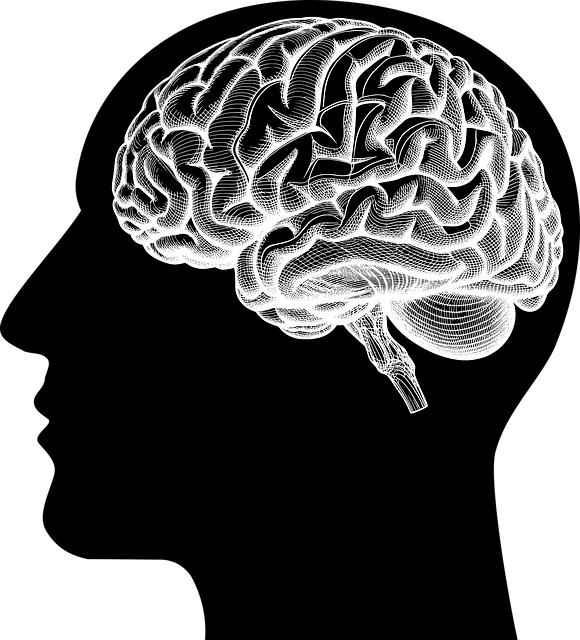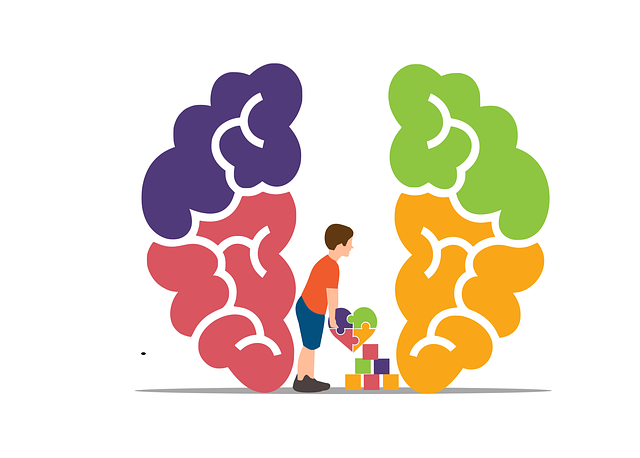TL;DR:
Codependency among adolescents is addressed through tailored therapy focusing on building resilience, emotional intelligence, and healthy boundaries. Key strategies include Mind Over Matter principles, mindfulness meditation, cognitive behavioral therapy (CBT), and expressive arts to manage stress and emotions. Crisis intervention techniques empower teens to express feelings assertively, set expectations, and engage in open dialogue, fostering self-reliance and mental well-being. Mental Health Policy Advocacy supports these efforts by promoting programs that enhance resilience and emotional coping skills for adolescents struggling with codependency.
“In the realm of teen mental health, crisis intervention is a vital strategy to support vulnerable adolescents grappling with codependency. This article explores the intricate issue of codependency among adolescent teens, delving into its symptoms and underlying causes. We provide an in-depth guide to effective crisis intervention techniques tailored for teen therapy.
Additionally, we emphasize the significance of building healthy boundaries as a cornerstone of recovery. Through evidence-based strategies, professionals can empower adolescents to manage emotions and reduce stress, fostering resilience and a healthier trajectory.”
- Understanding Codependency in Adolescent Teens: Symptoms and Causes
- Crisis Intervention Techniques for Teen Therapy
- Building Healthy Boundaries: A Key Strategy for Recovery
- Supporting Adolescents through Emotional Regulation and Stress Management
Understanding Codependency in Adolescent Teens: Symptoms and Causes

Codependency among adolescent teens is a growing concern, often stemming from complex emotional and relational dynamics. This behavior can manifest as an unhealthy reliance on others for validation and a struggle to maintain personal boundaries. Teens with codependency may exhibit excessive loyalty or fear of abandonment, leading to problematic patterns in their relationships. They might find it challenging to prioritize their own needs and make independent decisions, instead focusing on pleasing others.
Symptoms can include poor self-esteem, difficulty saying no, and a constant need for approval. The causes are multifaceted, from family environments where emotional needs are overlooked to exposure to trauma or high-stress levels. Building resilience and emotional intelligence through therapy is crucial in addressing these issues. Effective communication strategies taught during therapy sessions empower teens to express their feelings, set boundaries, and develop healthier relationships, all vital components of overcoming codependency.
Crisis Intervention Techniques for Teen Therapy

Crisis intervention techniques tailored for teen therapy can significantly mitigate codependency issues often faced by this age group. Therapists play a crucial role in guiding adolescents through stressful situations, using methods that foster resilience and self-reliance. One effective strategy involves teaching Mind Over Matter principles, empowering teens to reframe their thoughts and emotions during crises. This cognitive approach helps them gain perspective, reduce impulsive reactions, and cultivate problem-solving skills.
Additionally, incorporating mindfulness meditation into therapy sessions can offer anxiety relief and emotional regulation techniques. By training their minds to focus on the present moment, adolescents learn to acknowledge and manage intense feelings without resorting to unhealthy coping mechanisms. These practices not only address codependency but also promote overall mental well-being, equipping teens with valuable tools for navigating life’s challenges.
Building Healthy Boundaries: A Key Strategy for Recovery

In the context of therapy for adolescent teens dealing with codependency, establishing healthy boundaries is a cornerstone of recovery. Codependent relationships often lack clear limits, leading to emotional chaos and difficulty in self-care. By prioritizing personal boundaries, teens can learn to protect their mental health and foster healthier interactions. This involves setting clear expectations and communicating them effectively, ensuring both their own needs are met and those of others respected.
Effective communication strategies play a vital role in this process. Encouraging open dialogue where feelings and needs are expressed without fear of judgment enables teens to navigate relationships more assertively. Moreover, integrating stress management techniques into their routine can help them cope with triggers and maintain stability. In alignment with the broader Mental Health Policy Analysis and Advocacy, promoting boundary setting and communication skills empowers adolescents to advocate for themselves, leading to improved overall well-being.
Supporting Adolescents through Emotional Regulation and Stress Management

Adolescents facing crises often struggle with intense emotions and stress, which can be exacerbating if they also grapple with codependency issues. Therefore, crisis intervention strategies must include comprehensive emotional regulation techniques tailored for this demographic. Therapy for adolescent teens should incorporate teaching healthy coping mechanisms like mindfulness exercises, cognitive behavioral therapy (CBT), and expressive arts to aid in managing stress and emotions effectively.
Encouraging self-care practices is another critical aspect of supporting adolescents during crises. Mental Health Policy Analysis and Advocacy can play a vital role in ensuring that schools and communities implement programs promoting resilience, emotional well-being, and Burnout Prevention Strategies for Healthcare Providers, especially considering the increasing mental health challenges faced by young people today. By integrating these strategies into their support systems, adolescents can develop healthy ways to navigate stress and build long-term coping skills.
In addressing crisis intervention strategies for adolescent teens, understanding codependency is pivotal. By recognizing symptoms and causes, therapists can employ effective techniques like those discussed in this article—from crisis intervention to building healthy boundaries and emotional regulation strategies. These comprehensive approaches aim to support young individuals in overcoming codependency and fostering healthier relationships, ultimately enhancing their well-being and resilience. For parents and caregivers, equipping themselves with knowledge on therapy for adolescent teens codependency is essential in navigating these challenges effectively.










